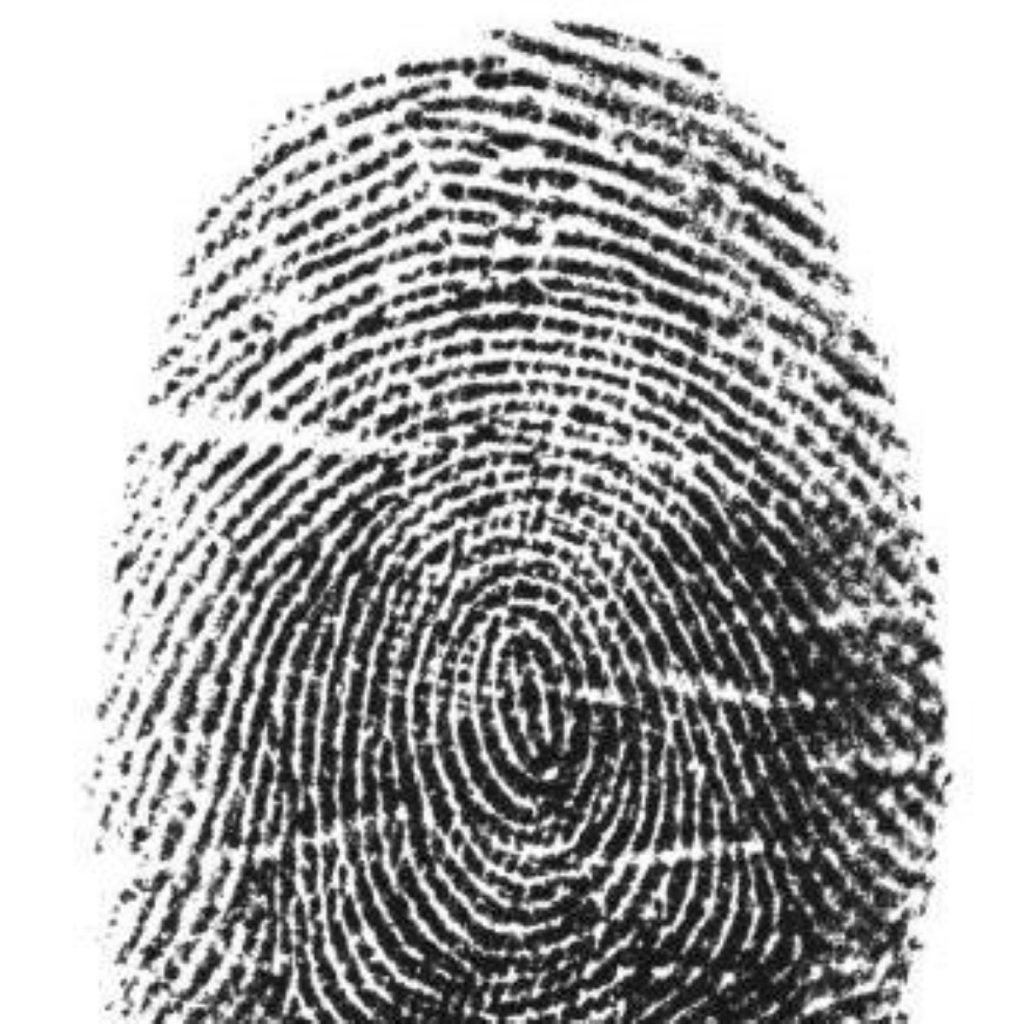Lords give ID card scheme a battering
The controversial ID cards bill faced a rocky ride during its second reading in the House of Lords last night.
Concerns about the costs of a national identity card scheme, its implications for civil liberties and privacy, and the government’s ability to manage such a large scale project were all raised during a lively session in the upper House.
The Conservative home affairs spokeswoman in the Lords, Baroness Anelay, warned against the “expensive and intrusive bureaucracy” likely to accompany the scheme – which would see the creation of a national database storing everyone’s personal details.
And Lib Dem peer Lord Phillips of Sudbury insisted the government must guard against going down a “slippery slope” to a situation where “the privacy of a citizen is largely figmentary”.


However, Baroness Scotland of Asthal – for the government – insisted the scheme was crucial for national security reasons, as well as to ensure the proper use of public services and to help control immigration.
Turning first to the claim that ID cards would help security, she admitted that on their own, the cards would not prevent suicide bombers, but argued that they would stop people hiding behind multiple and false identities.
This argument was also put forward by former Metropolitan police commissioner Lord Stevens of Kirkwhelpington, who argued that ID cards would be “an incredible gain” in the way security services gathered intelligence.
He also dismissed claims that the proposed national database would breach people’s right to privacy, saying that massive databases already existed in Britain, storing credit card and mobile phone details.
“There is a view that perhaps if we put those databases under one control with independent scrutiny and the scrutiny of your Lordships’ House as well as the other place, that would be far safer than to leave the databases to build up on a willy-nilly basis,” he said.
Opposition peers remained sceptical, however, with Baroness Anelay accusing the government of “being extravagant with the money of every individual in this land by proposing to spend vast sums on the national registers, sums that could perhaps be better spent on more police, more border controls and better public services”.
In addition to cost, she said there were “real concerns” about civil liberties, and also raised queries about what exactly ID cards were intended to do.
When it was his turn to speak, the Liberal Democrat peer Lord Phillips said his party would continue to oppose the bill as it stands, saying its claims “do not withstand critical scrutiny”.
” What none of us wants – even the government, I think – is a slippery slope, at the bottom of which broods an over-mighty state, where the privacy of the citizen is largely figmentary, the whole culture of freedom is undermined and the managerialist and corporatist values that now seem to dominate the public as well as private realms triumph,” he said.

